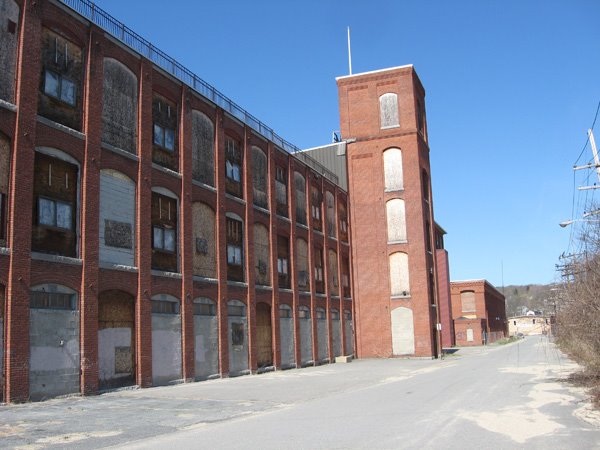
A new poll underscores the point I made a couple of weeks ago when discussing the disappearance of small-town grocery stores. People say they want local businesses, but they’re not willing to go out of their way to support them.
People might shake their head at closed factories and jobs shipped overseas, but when it comes to making America great again, talk is cheap.
The Associated Press – GfK poll showed that people want cheap stuff and will accept cheap quality too even if that speeds up the loss of jobs that’s deprived them of the ability to buy more expensive items.
Politics is easy; Economics is hard.
Seventy percent of those surveyed say they’d like to “buy American,” but given the choice, 67 percent would choose foreign-made goods over a more-expensive American product.
Nearly three in four say they would like to buy goods manufactured inside the United States, but those items are often too costly or difficult to find, according to the survey released Thursday. A mere 9 percent say they only buy American.
Asked about a real world example of choosing between $50 pants made in another country or an $85 pair made in the United States — one retailer sells two such pairs made with the same fabric and design — 67 percent say they’d buy the cheaper pair. Only 30 percent would pony up for the more expensive American-made one. People in higher earning households earning more than $100,000 a year are no less likely than lower-income Americans to say they’d go for the lower price.
“Low prices are a positive for US consumers — it stretches budgets and allows people to save for their retirements, if they’re wise, with dollars that would otherwise be spent on day-to-day living,” said Sonya Grob, 57, a middle school secretary from Norman, Oklahoma who described herself as a “liberal Democrat.”
Eighty-one percent of those surveyed say they don’t know anyone whose job was eliminated when a company moved operations out of the country.
Related: Free-trade pacts can enhance U.S. security (Star Tribune editorial – 4/15/16)
